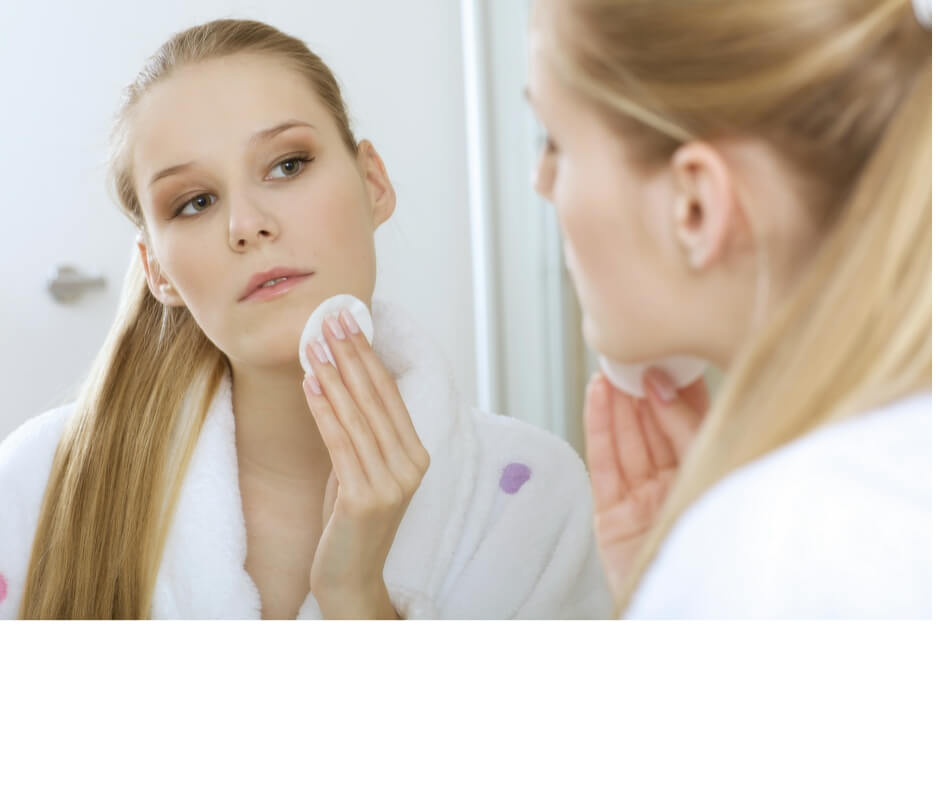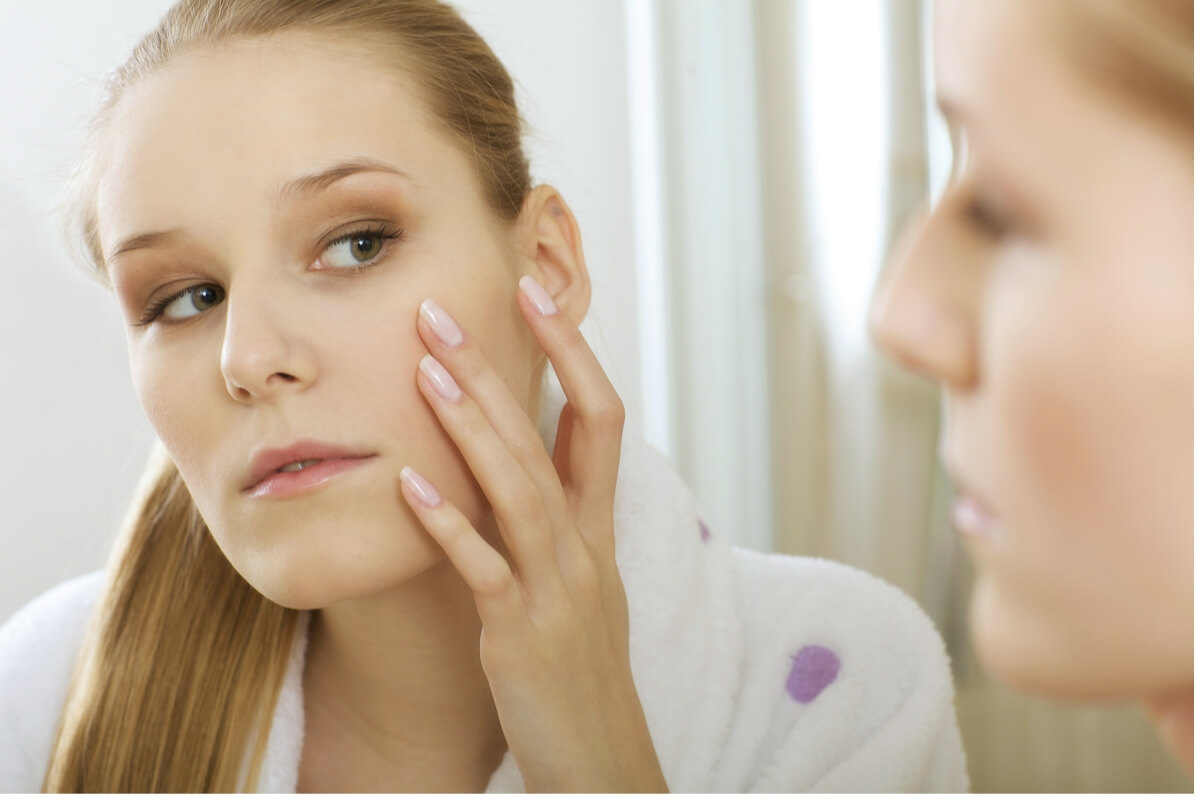Skin problem affects people of all age and sex. From a newborn baby to an older person, skin disorders can affect all. 10 -12 percentage of the population in India is affected by some of the other skin problems.
The severity and symptoms of skin problems vary from one condition to the other. While some are temporary and can cure through medication, others are permanent. Some are affected by environmental factors, whereas others are purely genetic.
Table of Contents
What Are the Most Common Skin Problems?
- Acne: The over activity of sebaceous glands is the leading cause of acne. It is seen mostly in teenagers, though adults may also get it as a result of hormonal imbalance. Acne characterized by a breakout on the skin and is mainly seen on the face, neck, chest, and upper back.
- Dryness: Some people are born with dry skin, whereas others develop dryness due to weather condition, age, use of harsh soap and skincare products. If you swim regularly in chlorinated water then also you can build dryness of the skin.
- Blisters: Blisters are fluid-filled projections on the body located on the outer layer of the skin. They look like bubbles on the surface of the skin. It can cause as a result of a burn, skin infection, friction, and also freezing of the skin.
- Eczema: Eczema characterized by yellow or white scaly patches on the skin. The affected area can be dry and itchy. Small raised bumps can also develop, which leaks fluid when scratched. Eczema mostly found in hands, feet, neck, chest, eyelids, and scalp.
- Psoriasis: Psoriasis is a scaly rash that appears on the knee, elbow, lower back, and scalp. It can be itchy and cause a lot of discomfort to the affected person.

How to Prevent Skin Problems?
Genetic skin problems or those caused as a result of other illness can not prevent. But most of the common skin problems like acne, and white patches can be restricted by taking proper care. Here are a few ways you can avoid skin problems.
- Wash faces daily with a gentle cleanser. For hands, you can use a hand sanitizer.
- Apply moisturizer after washing to prevent dryness of the skin.
- Drink plenty of water to flush out toxins from the body
- Eat a well-balanced diet in moderation. Avoid eating oily and fried food items.
- Protect your skin from extreme cold or hot weather. Use a sunscreen with a minimum SPF of 15, both indoor and outdoor.
- Wear only neat and clean clothes and do not share it with others.
- Never share a towel, washcloth, comb, razor, or any other product that comes in close contact with your skin.
- In case of acne or any skin infection, do not scratch too much. It can worsen the condition.
- Take a shower before and after using a shared pool.
- While using new skincare products, make sure that it does not cause any allergic reaction.
How to Treat Common Skin Problems?
Most of the skin problems can treat by maintaining proper hygiene. Consuming a well-balanced diet also ensures that you stay away from skin problems.
But even after following cleanliness and a proper diet, your skin problem aggravates, then you should consult a skin specialist. The skin specialist would recommend the following for treatment.
- Anti-histamine: Anti-histamine helps relieve itching on the skin. These are anti-allergic medicines that prescribed if an allergic reaction is a cause of a skin problem. Anti-histamines generally prescribed as tablets, rather than ointments.
- Corticosteroid: These are medicines that are prescribed to treat inflammation, redness, or itching on the skin. Corticosteroid generally prescribed for treating rashes caused by allergy or inflammation. Corticosteroids are available in different forms like cream, lotion, ointment, foam, oil, and gel. Ointments are considered to be more productive.
- Topical antibiotics: Topical antibiotics are used to treat severe conditions of acne, impetigo, and rosacea. These are used to treat skin problems caused by a bacterial infection. Topical antibiotics are mostly available as an ointment.
- Topical antifungal: These are used to treat fungal infection on the skin. Infections like ringworm and athlete’s foot are best treated using topical antifungal ointments.
- Keratolytic: Keratolytic loosen the flakiness in the skin and smooth it. These are treating conditions like psoriasis, seborrheic dermatitis, and acne. Most commonly used Keratolytic are salicylic acid and urea.
Anti-ageing skincare treatment helps control dryness, wrinkles, and sagging of skin.
Whenever you face a skin problem, it is best not to self-treat it. Self-treatment can sometimes worsen the situation. It is best to consult a skin specialist in Chandigarh who can diagnose the problem and prescribe the right medication.

